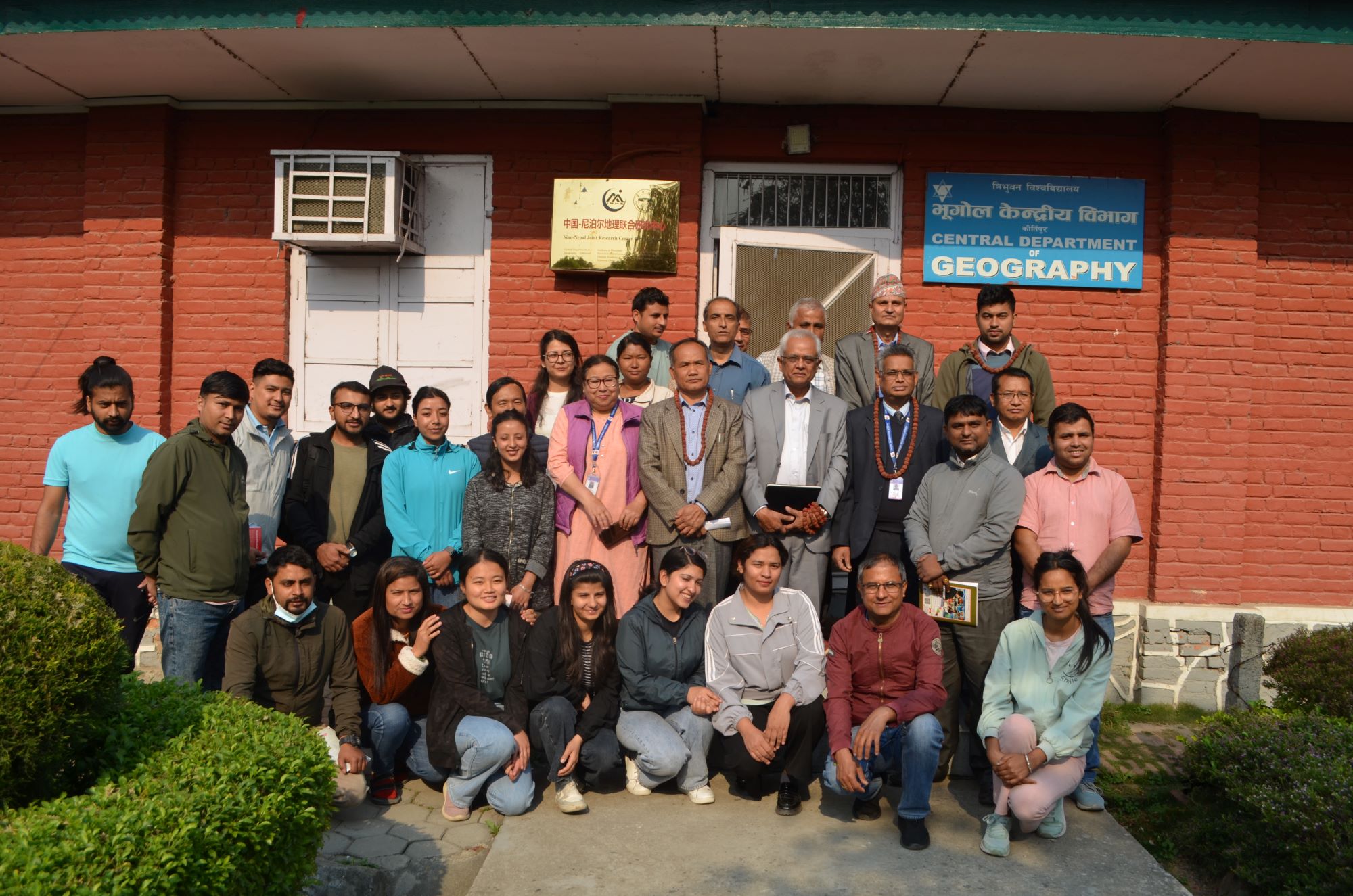Complete nutrition is vital in the first two years of a child’s life. It helps in healthy growth, strengthen the immune system and there is also improvement in their cognitive development. It also decreases their risk of becoming obese, getting ill with infectious diseases or developing chronic diseases in later life.
So, it’s important to give your child the best possible start.
- Exclusive breastfeeding
Breast feeding should be started within 1 hour of birth and should be continued exclusively during the 1st 6 months of life.
- Breastfeeding can be continued until the child is 24 months of age.
- From 6 months of age, complementary feeding should be started with adequate, safe, clean and nutrient dense food.
- If child is suspected of or confirmed Covid-19, medical mask should be used near the child. Hands for proper growth and development of child.
- If mother is severely ill with Covid-19, then expressed breast milk can be given. Formula milk can also be given by the caretaker maintaining proper hygiene. The caretaker should be free of Covid – 19
Give fresh and unprocessed food
- Give your child fruits, vegetables, legumes, nuts and whole grain oats, wheat, brown rice or starchy fibers or roots such as potatoes.
- For fruit toddlers between 2-3 years old need 1 cup of fruit per day.
4-13 years need 1.5 cups of fruits per day.
Girls between 14 and 18 yea need 1.5 cups of fruits per day and boysof that age need 2 cups per day.
- Regarding vegetables, toddlers (2-3 years) need 1 cup of cooked vegetables per day, children between 4-8 years need 1.5 cups of veggies per day. Girls between 9 & 13 years need 2 cups and boys need 2.5 to 3 cups of vegetables per day. Green leafy vegetables should be included.
- For Protein, serve 2-3 portions per day. Fish should be given twice a week. Nuts have proteins and are recommended for children above 5 years old.
- Milk – serve 3 portions per day, children below 2 years should have whole milk or yoghurt. Is should be fortified with Vitamin D.
- Fruit juice and dried fruit –
Children under 6years should have no more than half a cup of juice per day. It must be 100% fruit juice, not a juice drink with added sugar. Half a cup of dried fruit is equivalent to a whole cup of regular fruit.
- Make sure that your child is well hydrated.
Water is very important. It transports nutrients and compounds in blood, regulates body’s temperature.
A child should take 8-10 cups of water each day.
Water is the best choice but you can give other drinks like fruits and vegetables with high content of water (e.g., cucumber, tomatoes, mushroom, spinach, broccoli, oranges, apples). But sweetened fruit juices, fizzy and still drinks should be avoided.
- Make sure your child eats healthy fats.
Unsaturated fats (fish, avocado, nuts, olive oil, soy and corn oils) should be given. Never give them industrially processed trans fats (e.g., fast food, snack food, fried food, frozen pizza, fries, cookies, spreads).
- Limit your child’s salt and sugar intake.
Daily amount of salt used should be limited to less than 5gm (approximately 1 teaspoon) and use iodized salt for development of brain because iodine deficiency can lead to even mental retardation.
Never give soft drinks and artificial juice.
- Cook at home
Your meals should be cooked at home to improve the quality of your family diet. Outside foods are high calories, salt, fat and sugar which increase the risk of your child being obese. In later life, they may develop certain diseases like hypertension, diabetes and even cancer sometimes. Also taking children to eat outside during the Covid-19 outbreak increases their contact with other people and their chances of being exposed to the virus.
- Basic protective measures
If you or your young child has been suspected or confirmed Covid-19, the following basic protective measures should be taken.
- Regularly wash hands with soap and water or clean them with an alcohol- based hand rub.
- Whilesneezing cover mouth and nose with bend elbow or tissue, then dispose the tissue immediately. Teach your child the same.
- Avoid touching mouth, nose and eyes.
- If there are respiratory symptoms, the person or child should wear medical mask.
- If fever, cough, shortness of breath develop seek medical advice immediately.
- Stay at least 1 meter away from anyone who is coughing or sneezing or has any other symptomps.
- Keep updated about the latest developments with Covid-19 and follow advice given by health care providers.
- Counselling and psychosocial support
During Covid-19 pandemic, it may be difficult to get nutritious food at home due to lockdown and there may be increased demands on parents and caregivers. In extreme cases, you can seek help of counseling, basic psychosocial support or practical feeding support. It can be obtained from appropriately trained health care professionals. You may also get support on what, when and how to feed your infants and children at home during this Covid-19 pandemic.
As a pediatrician, with this article, I have tried my best to help parents to make it a bit easier and clear what and how to feed their children during this Covid-19 pandemic. My motto will always be how to make both parents and children feel comfortable as far as possible even during this pandemic. So if you have any queries, feel free to write your curiosities or queries in the comment section.
Dr. Lily Rajbhandari
Senior Consultant Pediatrician
Manmohan Medical College and Teaching Hospital, Swayambhu, Kathmandu.







